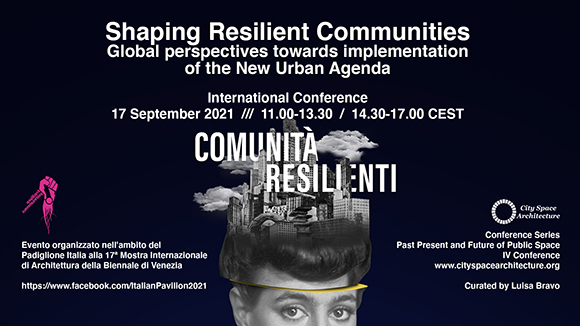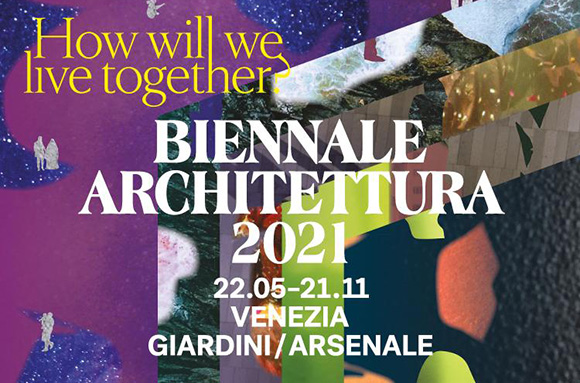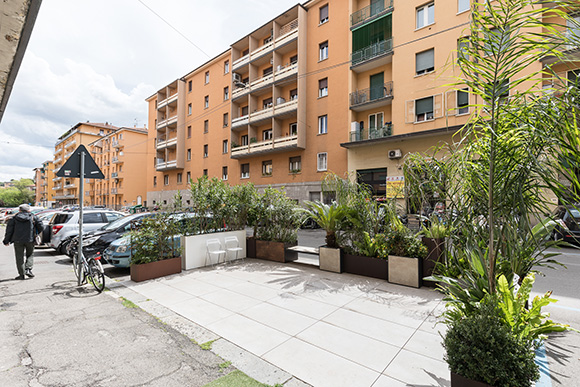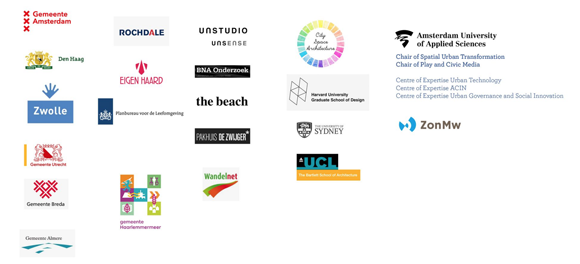
.
We are glad to announce that our IV conference from the successful series 'Past Present and Future of Public Space' will take place at the Italian pavilion, 17th International Architecture Exhibition, Venice Biennale, on September 17, in a blended format.
The conference is on the theme ’Shaping Resilient Communities. Global perspectives towards implementation of the New Urban Agenda' and is part of the project ‘Mapping Resilient Communities’ that City Space Architcture is developing for the Italian pavilion at the 17. International Architecture Exhibition, Venice Biennale (news in English here), curated by our President Luisa Bravo.
The conference will engage eminent scholars in lectures and round table discussions on the research an practice of resilience, in its environmental, urban, social and economic meanings, and will include the participation of UN-Habitat, in order to frame the concept of resilience in the ongoing efforts regarding the implementation of the New Urban Agenda, adopted at the Habitat III conference in Quito (2016). The conference is also the opportunity to continue the discussion on the importance of public space culture in cities as a key asset for sustainable, inclusive and resilient development, in order to leave no one behind.
Download the full programme of the conference here.
.
The conference will engage speakers online on Zoom, attendees can follow the live event on the Facebook page of the Italian pavilion: https://www.facebook.com/ItalianPavilion2021.
Updates on the event will be available on the Facebook event of the conference.
.
We would like to thank all the speakers who accepted our invitation:
- Martin Brennan, University of Melbourne, Australia
- Manfredo Manfredini, University of Auckland
- Husam AlWaer, Dundee University, United Kingdom
- Maggie McCormick & Fiona Hillary, RMIT University, Australia
- Davisi Boontharm (Meiji University) & Darko Radovic (Keio University) , co+re. platform, Japan
- Hendrik Tieben, The Chinese University of Hong Kong
- Setha Low, CUNY The Graduate Center, Public Space Research Group, USA
- Massimo Santanicchia, Iceland University of the Arts, Iceland
- Martjin de Wall & Boudewijn Boon, Amsterdam University of Applied Sciences, Netherlands
- Simone d’Antonio, National URBACT Point for Italy - ANCI (Italian Association of Cities and Municipalities)
- Jose Chong, UN-Habitat, Kenya
Read More »


